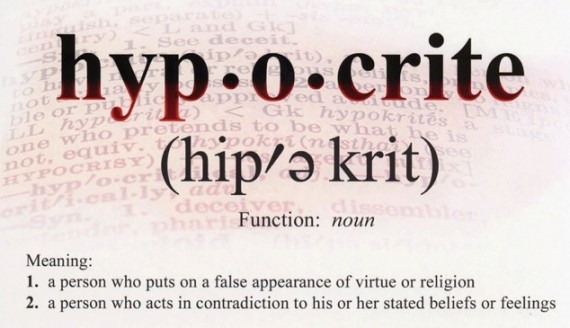Lots of people are interested in economics these days. Especially with the whole “99% vs. 1%” debate brought up by the Occupiers in Wall Street, Oakland, and elsewhere.
I have been doing a series on tithing recently, and will eventually end up writing some posts about how we as believers can spend our money, and how we should view our role in the world’s (and God’s) economy.
So it is great timing that the February Synchroblog is about Extreme Economic Inequality. I hope you will join us in writing about this topic!


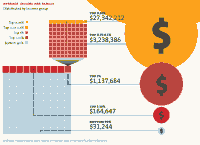
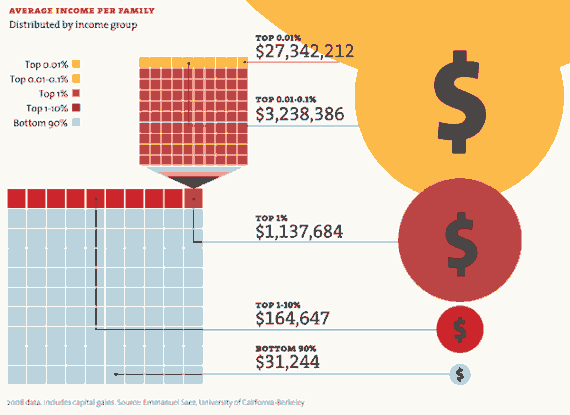


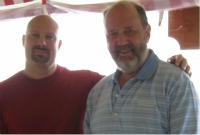
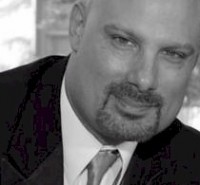 Frank: In the book, you make several key statements about God’s passion to help the poor. You also make a few statements about how the “powers that be” often neglect the poor. In my country right now (USA) there is a huge debate over this issue among Christians. One aspect of the debate revolves around the question,“Who are the poor exactly?” Some Christians argue that there is a distinction between the poor who are trying to find work and/or who are working (but cannot make ends meet) versus the indigent who refuse to work and expect others to support them.
Frank: In the book, you make several key statements about God’s passion to help the poor. You also make a few statements about how the “powers that be” often neglect the poor. In my country right now (USA) there is a huge debate over this issue among Christians. One aspect of the debate revolves around the question,“Who are the poor exactly?” Some Christians argue that there is a distinction between the poor who are trying to find work and/or who are working (but cannot make ends meet) versus the indigent who refuse to work and expect others to support them. N.T. Wright: Of course, whenever people discover that other folk are going out of their way to give handouts, some will get lazy and simply try to trade off this goodwill. It’s a telling point, actually, that this was already a danger in the very early church – because you only get that problem arising if the church is being generous. The line between ‘deserving poor’ and ‘undeserving poor’ is very, very hard to draw, and one of the things about poverty, whether one has work or not (some jobs pay so little that the people who do them are still well within the poverty trap), is that it is depressing, and actually saps the energy and nerve and vitality in ways that people like me, who have never been out of work and never been truly poor, can only appreciate by being with and ministering to people who are genuinely and chronically poor.
N.T. Wright: Of course, whenever people discover that other folk are going out of their way to give handouts, some will get lazy and simply try to trade off this goodwill. It’s a telling point, actually, that this was already a danger in the very early church – because you only get that problem arising if the church is being generous. The line between ‘deserving poor’ and ‘undeserving poor’ is very, very hard to draw, and one of the things about poverty, whether one has work or not (some jobs pay so little that the people who do them are still well within the poverty trap), is that it is depressing, and actually saps the energy and nerve and vitality in ways that people like me, who have never been out of work and never been truly poor, can only appreciate by being with and ministering to people who are genuinely and chronically poor.
